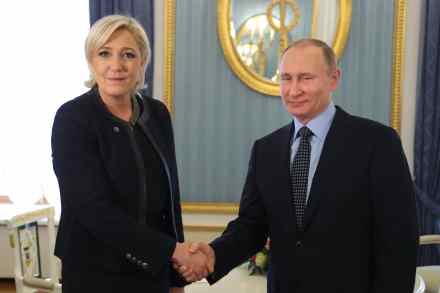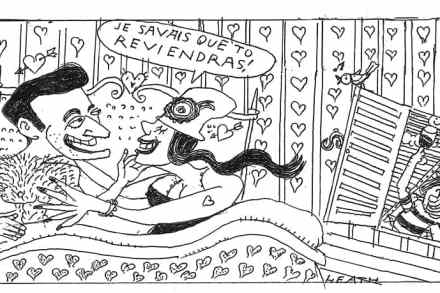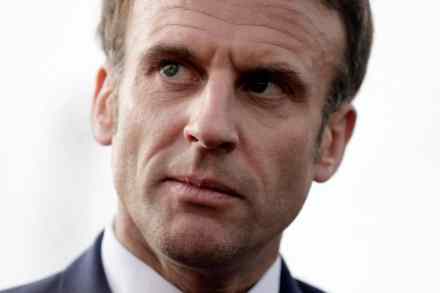The call of opium-based analgesics and introspection
On the morning of my last day in England, I drew back a curtain and there in the garden, browsing one of the flower beds, was a brown hare. It hobbled cautiously but not timidly among the spring bulbs, choosing thoughtfully like a discriminating shopper. I leaned on the window sill and watched it for perhaps ten minutes. The hare was in the process of exchanging its tatty winter fur coat for a shorter, smoother, lighter-brown one, visible underneath. Overnight late spring had turned to the softer air of early summer and I was sorry to be leaving the country at the exact point of the season’s changing. In the




















